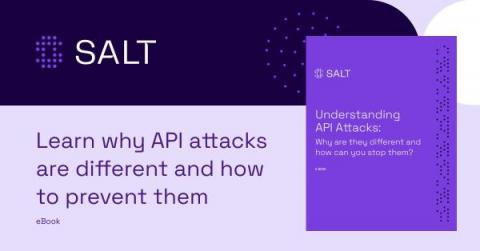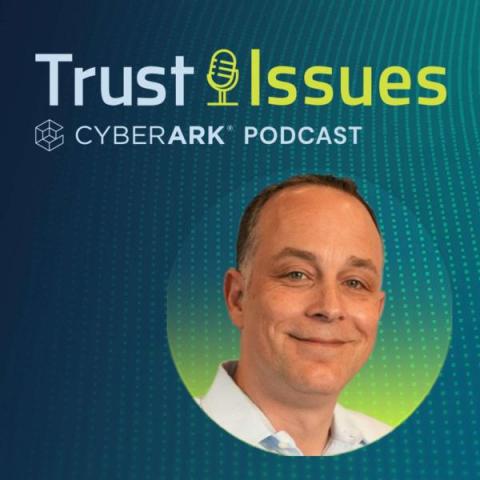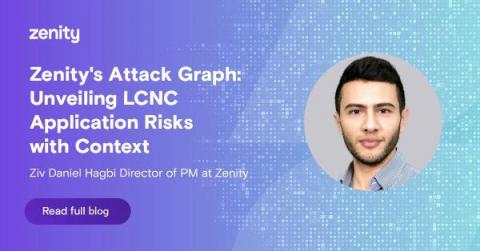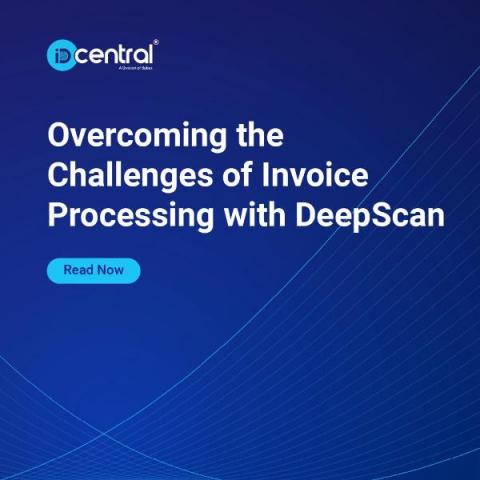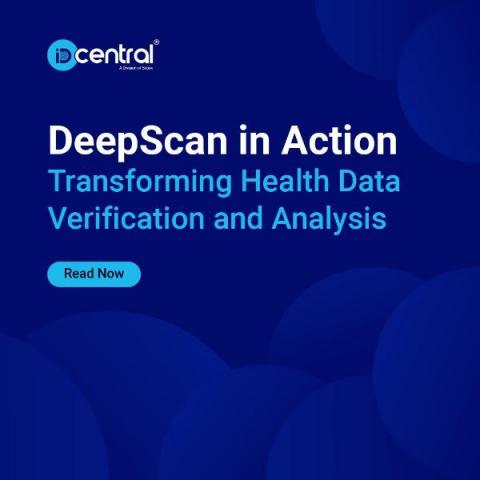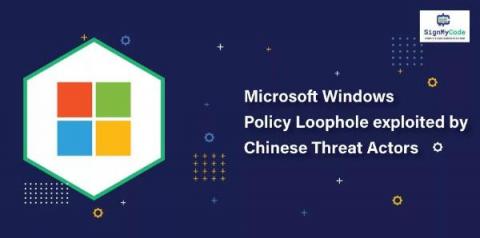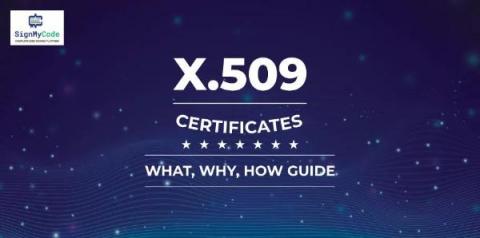Security | Threat Detection | Cyberattacks | DevSecOps | Compliance
Latest News
EP 32 - Building Trust and Collaboration in Identity Security w/ CyberArk CEO Matt Cohen
In this episode of Trust Issues, host David Puner talks with CyberArk CEO Matt Cohen, who shares his distinct take on leadership – emphasizing the importance of leading without fanfare. Cohen talks about his transition into the CEO role, insights on identity security and the current threat landscape. He also touches on the significance of company culture, professional development – and his admiration for a particular Boston Red Sox manager’s leadership style.
Introducing the Zenity Attack Graph: Visualize Low-Code/No-Code Risk with Full Context
On paper, applications are created to be useful tools that solve specific business needs. Think of an application that tracks all ongoing projects for a product manager, an automation that triggers emails to prospective customers when they fill out a marketing form, or a flow that sends aggregated payment information to a finance manager. While all these applications are fairly straightforward, and seemingly used for singular cases, they are anything but.
Adobe ColdFusion Vulnerabilities Exploited in the Wild
New research reveals rapid remediation of MOVEit Transfer vulnerabilities
Overcoming the Challenges of Invoice Processing with DeepScan
DeepScan is an innovative product that uses Artificial Intelligence (AI) and Machine Learning (ML) to recognize and extract data from physical documents like images or PDFs. It’s been a game-changer in the field of invoice processing.
DeepScan in Action: Transforming Health Data Verification and Analysis
In the current digital age, healthcare providers are handling increasing volumes of data, emphasizing the urgent need for effective and accurate data management tools. IDcentral’s DeepScan, an AI-powered Document Extraction & Verification API, steps into this crucial role, revolutionizing the way the healthcare industry handles data extraction and verification.
Why Taylor Swift Fans Got Blocked For Being Bots
Taylor Swift’s Eras tour has literally been the hottest ticket in music over the past few months, with millions of fans scrambling for their spot in arenas and stadiums around the world. But many “Swifties” have been left heartbroken as the demand far outstrips the number of tickets available. To make the pill even more bitter to swallow, there are plenty of tickets available to buy for the sold-out shows – but at many times their face value, on secondary markets.
Windows Policy Loophole: Old Certificate, New Signature [Windows Kernel Cyber Threat
Cisco Talos discovered a troubling revelation. Threat actors have seized upon a cunning Windows policy loophole, exploiting it to their advantage. This loophole allows them to sign and load cross-signed kernel mode drivers with signature timestamps. These malicious actors have cunningly embraced open-source tools’ power, manipulating kernel mode drivers’ signing date. They aim to introduce a horde of unverified and malevolent drivers with expired certificates.
What is X.509 Certificate? How it Works and How to to Obtain it?
An X.509 certificate holds immense significance in digital security, functioning as a digital certificate conforming to the universally accepted ITU X.509 standard. This standard defines the structure and format of public critical infrastructure certificates. X.509 certificates play a vital role in managing identity and ensuring security. The strength of X.509 certificates lies in their underlying architecture, which utilizes a key pair composed of a public key and a private key.


